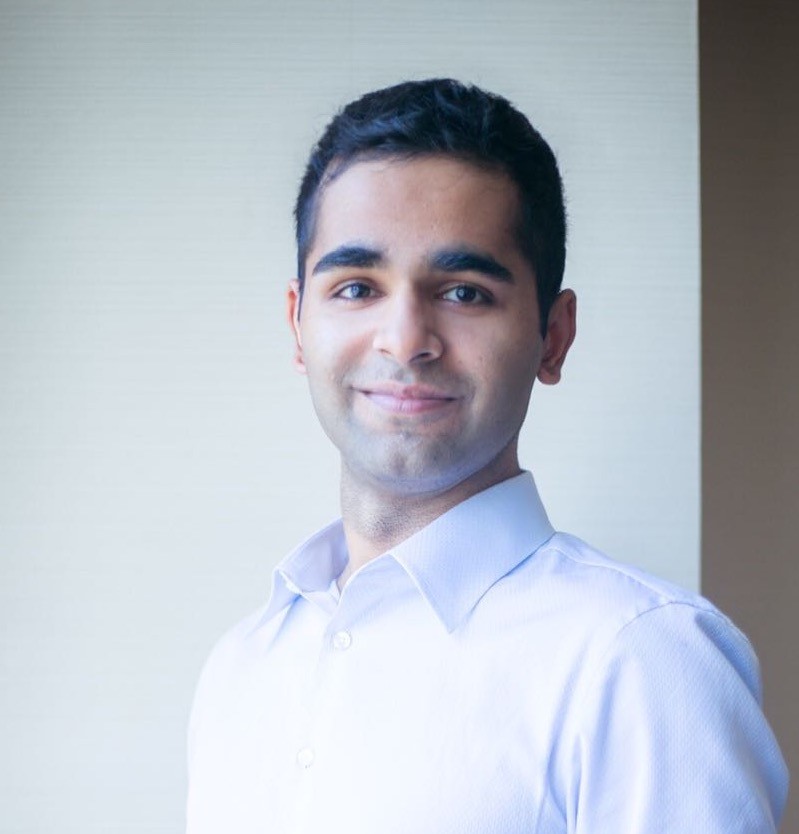
Anurag Anshu
Nationality:
India
Current Job:
Assistant Professor (Jan 2022), Harvard University
Graduation:
2018
Degree:
PhD
Faculty and Department:
CQT/ISEP/Computing
Undergraduate University:
Indian Institute of Technology Guwahati, India
Why did you choose to do a PhD?
“It was clear to me, by the end of my undergrad, that I wanted to pursue fundamental research. However, my dad refused to fund my research. So PhD was the next best thing out there :).
More seriously, this was based on the type of problems I enjoyed thinking about. I liked both computer science and physics. However, I never managed to connect deeply with either programming or complex physics calculations. That helped me narrow down my option to quantum information and computation, which is a mix of elegant and simple ideas from theory of computing and quantum physics. PhD was a natural way to move ahead in this field.”
Why did you choose to do graduate education at NUS? If you received offers from other universities, why did you pick NUS?
NUS is one of the best places to pursue research in quantum information and computing. And it is the closest such place to my home.
On hindsight, would you have chosen the same research supervisor for your graduate programme?
Definitely! He completely changed the way I thought about computer science and I would not hesitate giving him another such opportunity 🙂
What impact do you hope to have with your research?
My research is devoted to finding some control over the complexity of quantum systems. As a consequence of quantum superposition, working with 50 particles generally needs 2^{50} numbers, which is too much for all practical purpose. I am trying to show that for systems of interest in physics, the complexity is significantly less. My hope is that such results will open new avenues for simulating quantum systems, an important step towards designing materials with desired property.
Share a challenge you faced in graduate school and how you overcame it.
There are many challenges that all of us face, such as getting scooped, dealing with harsh reviewers, trying to convince experts of my stupid ideas. But one that stood out involved a paper that me and my co-authors wrote claiming to solve an important open question. We found a major flaw after announcing the result and soon realized that the result could not be rescued. This was really embarrassing for me, but I acknowledged this failure openly. My colleagues were supportive and highlighted that incorrect results were more frequent than they seemed.
How did your experiences as a graduate student shape and guide you in your current career?
My current research interests were shaped during my grad life at NUS and my supervisor & colleagues had a significant impact on my way of thinking about quantum computing. I will soon start a new faculty position and will have the daunting task of being a good supervisor to my graduate students. With my own graduate experience fresh in memory, I hope I will be able to face the upcoming challenges well.
